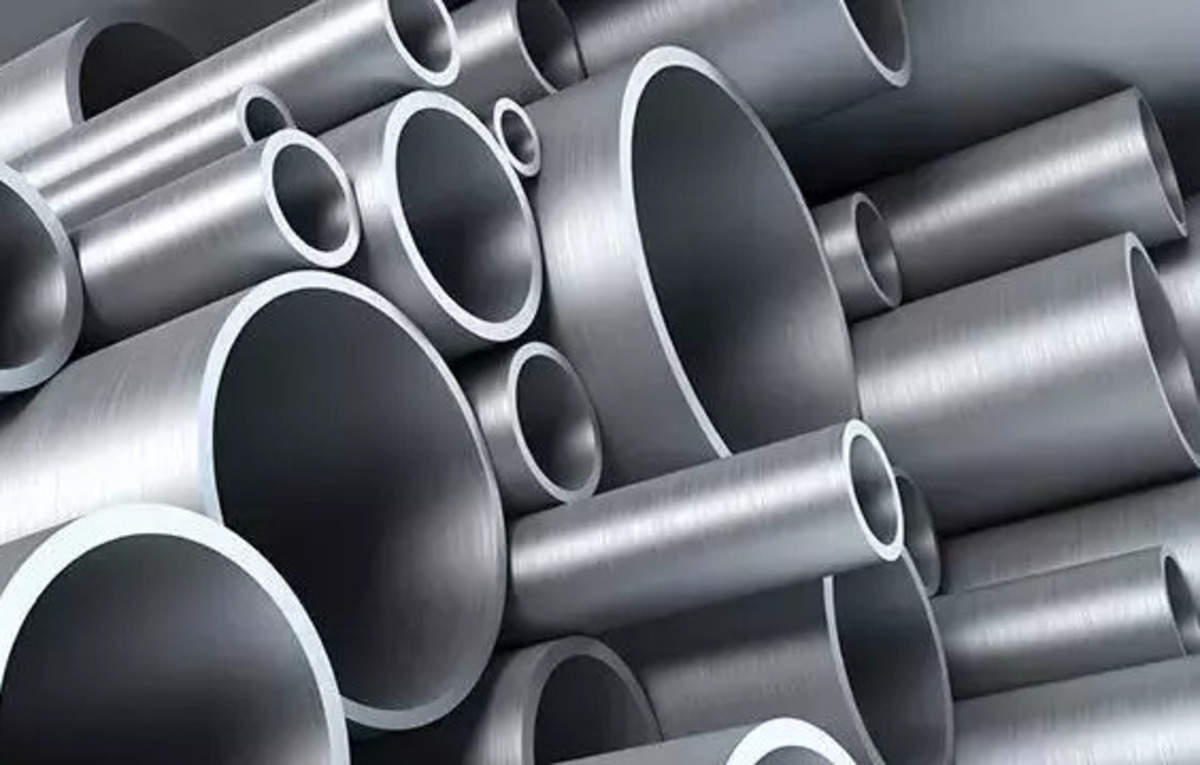SYDNEY: China has won a nearly three-year-long dispute with Australia at the World Trade Organization over tariffs on steel products that began during a low point of bilateral relations between the countries, and Australia’s trade minister said Wednesday his government accepted the ruling.
Beijing took its complaint to the WTO in June 2021 over Australia’s extra duties on railway wheels, wind towers and stainless steel sinks imported from China. Trade in these products was worth 62 million Australian dollars ($40.4 million) in 2022.
On Tuesday, the WTO panel adjudicating the case in Geneva, Switzerland, found that Australia’s investigating authority, the Anti-Dumping Commission, had acted inconsistently with some articles of the anti-dumping agreement.
Australia’s Trade Minister Don Farrell said in a statement Wednesday that Canberra accepted the WTO’s ruling and supported a rules-based trading system.
“Australia will engage with China and take steps to implement the panel’s findings,” Farrell said.
“Australia remains committed to a fully functioning WTO dispute settlement system so that the rights and obligations of all WTO members can be enforced,” he added.
Trade tariffs have been a hot topic between Beijing and Canberra in recent years after China imposed a raft of sanctions on Australian goods in 2020 during the most recent nadir in the bilateral relationship. It is estimated that the tariffs cost the Australian economy 20 billion Australian dollars ($13 billion).
Most of the tariffs have since been lifted as the relationship thawed, but tariffs on wine, rock lobster and some abattoirs still remain.
In April, Australia suspended a complaint to the WTO in a bid to reopen the Chinese market to Australian barley, which had been one of the products targeted by the tariffs and was widely seen as the new Australian government’s attempts to repair relations with Beijing.
The Australian government has also halted another WTO dispute against China over sanctions on Australian wine worth about 1.1 billion Australian dollars ($720 million) in exchange for a review by China to be completed by the end of March.


